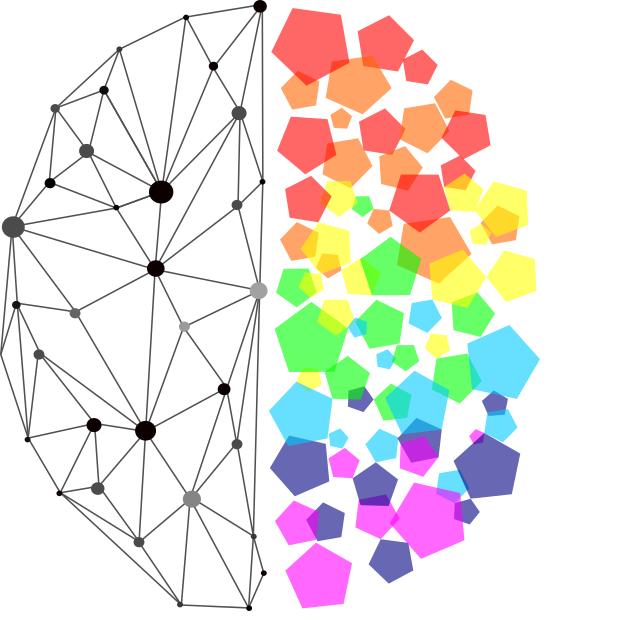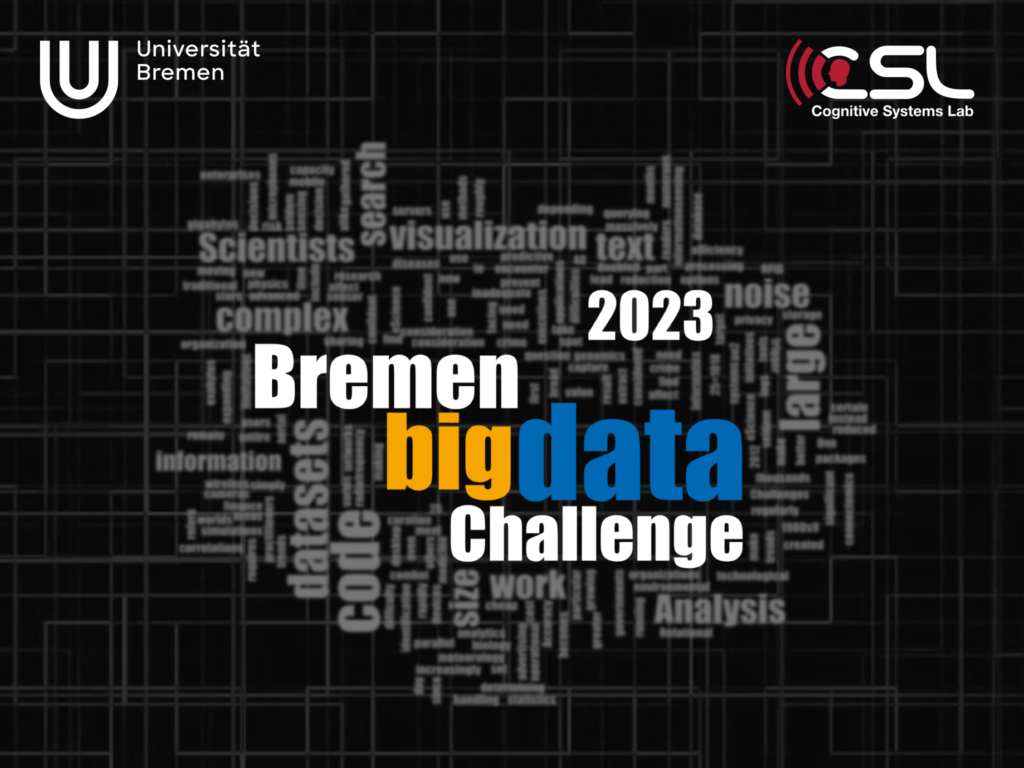MindTalk: Gehirn auf der Kippe: Selbstorganisation zwischen Chaos und Ordnung und die Trickkiste der Physik (Prof. Dr. Stefan Bornholdt, 05.06.2023, 16:00-17:30, Haus der Wissenschaft, Sandstraße 4/5, Olbers-Saal)

The nerve cells in our head are like little loaded Colts: ready to „fire“ at any time. Our brain consists of billions of them, connected in a dense signal network. This is stuff for nightmares, because what if the signal fire grows at lightning speed, who stops it? The everyday experience with our brains seems […]
Science Award 2022 for Startup Ubica Robotics GmbH
The startup Ubica Robotics GmbH, which emerged from the Institute for Artificial Intelligence, has received the Science Award endowed with 50,000 euros, in the category “Best Startup”. The prize was awarded by the EHI Foundation on June 1, 2022 in Düsseldorf. Since their founding in 2020, Ubica develops autonomous scanning robots creating digital twins of […]
Horst Hahn zum Ehrenmitglied der Deutschen Röntgengesellschaft (DRG) ernannt

Prof. Dr.-Ing. Horst Karl Hahn, Leiter des Fraunhofer MEVIS, wurde im Rahmen des Deutschen Röntgenkongresses (RÖKO) mit der Ehrenmitgliedschaft der Deutschen Röntgengesellschaft (DRG) geehrt. Der Kongress rund um das Thema Künstliche Intelligenz (KI) in der Radiologie wurde mit einem Vortrag von Hahn mit dem Titel „KI als Lebensretter im Meer der Unsicherheit?“ eröffnet. Er erörterte […]
Neue LabLinking Veröffentlichung: „EEG Correlates of Distractions and Hesitations in Human–Robot Interaction: A LabLinking Pilot Study“
Herzlichen Glückwunsch an das Team von Birte Richter, Felix Putze, Gabriel Ivucic, Mara Brandt, Christian Schütze, Rafael Reisenhofer, Britta Wrede und Tanja Schultz zu ihrer neuen Publikation über die MMM-geförderte LabLinking-Initiative mit dem Titel: „EEG Correlates of Distractions and Hesitations in Human-Robot Interaction: A LabLinking Pilot Study“ In dieser Arbeit liefern die Autoren den Beweis, […]
New LabLinking Publication: „EEG Correlates of Distractions and Hesitations in Human–Robot Interaction: A LabLinking Pilot Study“
Congratulations to the team of Birte Richter, Felix Putze, Gabriel Ivucic, Mara Brandt, Christian Schütze, Rafael Reisenhofer, Britta Wrede, and Tanja Schultz for their new publication describing the MMM-supported LabLinking initiative entitled: „EEG Correlates of Distractions and Hesitations in Human–Robot Interaction: A LabLinking Pilot Study“ In this work, the authors provide a proof-of-concept that our […]
Studentische Hilfskraft (w/m/d) gesucht für den Wissenschaftsschwerpunkt Minds, Media, Machines
Zur Unterstützung des Wissenschaftsschwerpunkts Minds, Media, Machines (MMM) suchen wir ab sofort für ca. 35 Stunden pro Monat ein:e engagierte studentische Mitarbeiter:in. Die Ausschreibung finden Sie hier.
BBDC 2023: Mit neuer Struktur in den Wettkampf

Am 01.03.2023 ist es endlich soweit: Die „Bremen Big Data Challenge“ (BBDC) geht in die achte Runde! Die BBDC ist ein Programmier-Wettbewerb zum Thema Datenanalyse. Sie wird durch „JUST ADD AI“, „neuland – Büro für Informatik“ und „Die Sparkasse Bremen“ gesponsert. Unterstützt wird die BBDC durch das Alfred-Wegener-Institut (Helmholtz-Zentrum für Polar- und Meeresforschung), den Wissenschaftsschwerpunkt […]
MindTalk: Aims and limits of behavioral pharmacology (Prof. Dr. Michael Koch, 16.01.2023, 16:00-17:30, Raum 2030, Cognium, Hochschulring 18)
Abstract Behavioral Pharmacology takes advantage of the fact that most of the neurons in the central nervous system use chemical messengers (neurotransmitter molecules) to convey „information“ in neuronal networks. One of the aims of this discipline is – by experimentally manipulating „key players“ in neurotransmission, e.g. enzymes, transporters and receptors and quantifying behavioral changes – […]
MindTalk: Intervening in the brain of the blind: Challenges and future prospects (Prof. Dr. Eduardo Jover, 12.12.2022, 16:00-17:30, Raum 2030, Cognium, Hochschulring 18 )
Abstract Motivated by the success of cochlear implants for deaf patients, our group is developing a cortical visual neuroprosthesis designed to interface with the occipital cortex in order to restore a limited but useful sense of vision to profoundly blind patients. We will review the most important challenges regarding this neuroprosthetic approach and emphasize the need […]
MindTalk: Using large scale physiology to study the functional organization and dynamics of the mouse visual cortex (Prof. Dr. Saskia de Vries, 05.12.2022, 18:00-19:30, via Zoom)
Abstract An important open question in neuroscience is how sensory information is represented and transformed by circuits in the cortex. To study this we created the Allen Brain Observatory. This open dataset is a large-scale, systematic survey of physiological activity in the awake mouse cortex recorded using 2-photon calcium imaging. It consists of over 63,000 […]
